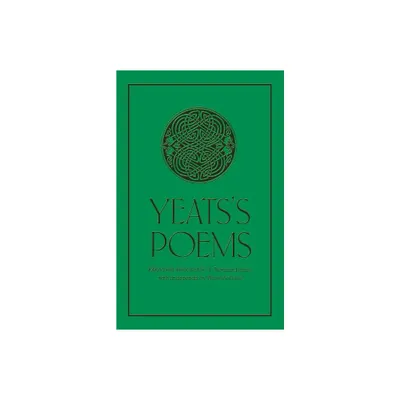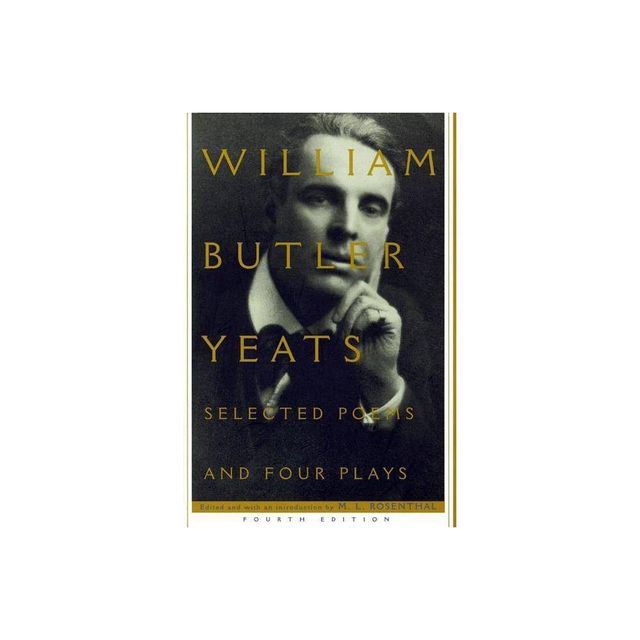Home
The Book of Yeats's Poems
Loading Inventory...
Barnes and Noble
The Book of Yeats's Poems
Current price: $24.95


Barnes and Noble
The Book of Yeats's Poems
Current price: $24.95
Loading Inventory...
Size: OS
*Product Information may vary - to confirm product availability, pricing, and additional information please contact Barnes and Noble
"The best book on Yeats and the best book of American literary criticism informed by critical theory to appear since Harold Bloom’s Years."Daniel T. O’Hara, Temple University
"An important study of a major aspect of Yeats’s poetry, in some ways the fruit of a lifetime’s thinking by one of our most distinguished Yeatsians."Richard J. Finneran, University of Tennessee
In this most ambitious work on Yeats in two decades, Hazard Adams undertakes a study of all of the poems Yeats wished to include in his volume of collected poetry, and he reveals a canon carefully constructed to tell a dramatic-mimetic story. Not only in the poems, but in the spaces between, Adams finds the created life of the fictive poet named Yeats—shaped, over the years, as the author Yeats revised and ordered his poems to tell this story.
Many have commented on the significance of the order of Yeats’s poems, but Adams’s is the first sustained, detailed study articularing this significance poem by poem for all of the poet’s work. While providing a comprehensive, insightful reading of the poems, Adams’s commentary is always thoroughly informed by the current theoretical, critical, and scholarly debates surrounding both the text of Yeats’s poems and the nature of textuality itself. At all points accessible and persuasive, The Book of Yeats’s Poems is a work of immediate importance for students of Yeats, of theory, and of modernism.
"An important study of a major aspect of Yeats’s poetry, in some ways the fruit of a lifetime’s thinking by one of our most distinguished Yeatsians."Richard J. Finneran, University of Tennessee
In this most ambitious work on Yeats in two decades, Hazard Adams undertakes a study of all of the poems Yeats wished to include in his volume of collected poetry, and he reveals a canon carefully constructed to tell a dramatic-mimetic story. Not only in the poems, but in the spaces between, Adams finds the created life of the fictive poet named Yeats—shaped, over the years, as the author Yeats revised and ordered his poems to tell this story.
Many have commented on the significance of the order of Yeats’s poems, but Adams’s is the first sustained, detailed study articularing this significance poem by poem for all of the poet’s work. While providing a comprehensive, insightful reading of the poems, Adams’s commentary is always thoroughly informed by the current theoretical, critical, and scholarly debates surrounding both the text of Yeats’s poems and the nature of textuality itself. At all points accessible and persuasive, The Book of Yeats’s Poems is a work of immediate importance for students of Yeats, of theory, and of modernism.


















